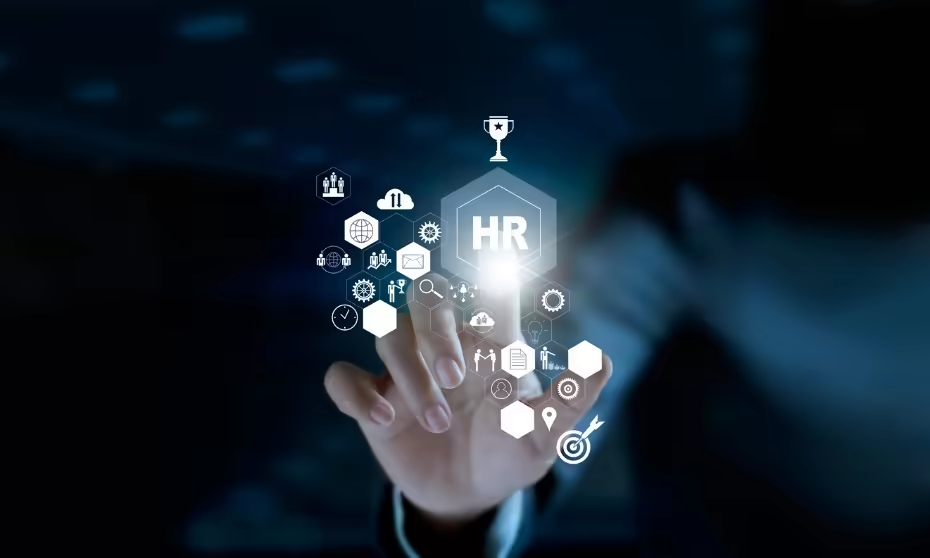As technology continues to advance and shape the world we live in, it's no surprise that the role of Human Resources (HR) is also evolving. With the increased use of digital platforms, HR professionals are finding new and innovative ways to streamline their processes, enhance the employee experience, and make informed decisions using data-driven insights. In this article, we will explore the future of HR in the digital age and how identity verification is playing an increasingly important role in the hiring process.
Identity verification is the process of verifying that an individual is who they claim to be. It is a crucial step in the hiring process, as it ensures that the candidate is not misrepresenting themselves, and helps to prevent fraud and identity theft. With the rise of remote work and online job applications, identity verification has become even more critical. Without face-to-face interviews or in-person meetings, it can be challenging to confirm a candidate's identity.
One of the ways that HR is leveraging technology to verify a candidate's identity is through the use of biometric authentication. Biometric authentication is a security process that uses unique physical characteristics, such as fingerprints, facial recognition, or voice recognition, to verify a person's identity. This technology has become increasingly popular in recent years, and is now being used by many companies for identity verification purposes.
Another way that HR is using technology to streamline the hiring process is through the use of applicant tracking systems (ATS). ATS is software that enables HR professionals to manage the entire hiring process, from posting job openings to screening candidates to conducting interviews. By using ATS, HR professionals can quickly and efficiently sort through hundreds or thousands of resumes, identify qualified candidates, and schedule interviews. This not only saves time but also helps to ensure that the hiring process is fair and objective.
In addition to identity verification and ATS, HR is also using data analytics to make informed decisions about hiring and employee management. By collecting and analyzing data, HR professionals can identify trends and patterns in employee behavior, such as turnover rates or performance metrics. This information can then be used to make strategic decisions about hiring, training, and employee retention.
However, with the rise of technology comes new challenges and risks. One of the biggest risks associated with digital HR is cybersecurity. As more personal and sensitive information is stored online, it becomes increasingly vulnerable to cyber attacks. HR professionals must ensure that their systems are secure and that they are taking all necessary precautions to protect their employees' personal data.
Another challenge that HR professionals face is the need to balance technology with a human touch. While technology can certainly streamline processes and make HR more efficient, it is essential not to lose sight of the importance of human interaction in the workplace. HR professionals must find ways to use technology to enhance the employee experience while still fostering a sense of community and connection within the organization.
In conclusion, the future of HR in the digital age is exciting and full of potential. With the use of technology such as biometric authentication, ATS, and data analytics, HR professionals can streamline processes, make informed decisions, and improve the employee experience. However, it is essential to remember that technology is not a replacement for human interaction and connection. HR professionals must find a balance between technology and a human touch to ensure that the workplace remains a positive and productive environment for employees. ID verification will continue to play an increasingly important role in the hiring process, as technology evolves and becomes more sophisticated. It is up to HR professionals to stay informed and adapt to these changes to ensure that they are providing the best possible service to their employees and their organization.



